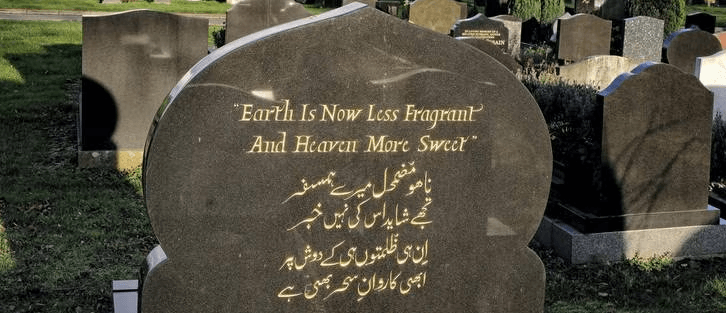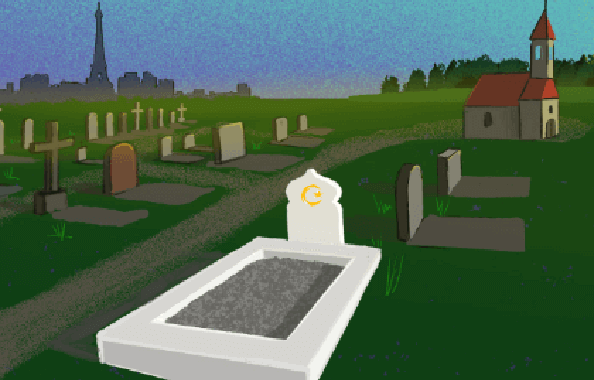In the realm of memorializing loved ones, tombstones serve as poignant symbols of remembrance and honor across various cultures and religions. For Muslims, gravestones hold a special significance, offering a canvas for conveying heartfelt messages and intricate designs that reflect the deceased’s life and faith. In this article, we will explore the art of Muslim gravestones, focusing on the inscriptions, designs, and the role of specialized companies in crafting these monuments.
The Significance of Muslim Gravestones
Muslim gravestones, also known as headstones or tombstones, serve as a visible reminder of the transitory nature of life and the importance of preparing for the hereafter. They play a crucial role in Islamic burial traditions, providing a permanent marker for the deceased’s final resting place.
Muslim Gravestone Inscriptions
- Bismillah al-Rahman al-Rahim: This is a common inscription, often found at the top of Muslim gravestones, and translates to “In the name of Allah, the Most Gracious, the Most Merciful.” It serves as a reminder of the deceased’s faith and commitment to Allah.
- Inna lillahi wa inna ilayhi raji’un: This frequently used phrase means “Surely we belong to Allah and to Him shall we return,” underscoring the inevitability of death and the belief in the afterlife.
- Sura Al-Fatiha: Some gravestones feature verses from the Quran, such as the opening chapter, Al-Fatiha, which is a prayer for guidance, mercy, and forgiveness.
- Customized Dua: Many Muslim gravestones include personalized supplications or prayers for the deceased, often composed by family members or religious scholars. These du’as express the unique qualities and virtues of the departed.
- Dates of Birth and Death: Basic information about the deceased’s birth and death dates is commonly inscribed to provide essential historical context.

Muslim Gravestone Designs
- Islamic Calligraphy: Muslim gravestones often feature beautifully crafted Arabic calligraphy, including Quranic verses or the names of Allah and His attributes. Intricate calligraphy can turn a gravestone into a work of art.
- Islamic Geometric Patterns: Geometric designs are a hallmark of Islamic art. These patterns symbolize the infinite nature of Allah and are often incorporated into gravestone designs, adding an element of visual depth and symbolism.
- Traditional Symbols: Symbols like the crescent moon and star, a mosque, or an open book representing the Quran can be included in the design, reinforcing the Islamic identity of the departed.
- Floral Motifs: Flowers and plants symbolize the transient nature of life in Islamic culture. These motifs may be incorporated to convey the idea of growth, decay, and eventual rebirth.

The Role of Muslim Headstone Companies
Specialized Muslim headstone companies play a crucial role in crafting these meaningful memorials. These companies employ skilled artisans who are well-versed in Islamic traditions and calligraphy, ensuring that the gravestones adhere to religious guidelines and cultural sensibilities. They work closely with grieving families to create unique and personalized gravestones that capture the essence of the departed.
Muslim gravestones are not mere markers of burial sites; they are a profound expression of faith, love, and remembrance. With their intricate inscriptions and meaningful designs, these gravestones serve as lasting tributes to those who have passed away. Specialized Muslim headstone companies play a pivotal role in preserving this rich tradition and providing solace to grieving families through the creation of meaningful and artistic memorials. Whether through Quranic verses, prayers, or symbolic imagery, Muslim gravestones stand as a testament to the enduring connection between the living and the departed in the Islamic faith.

